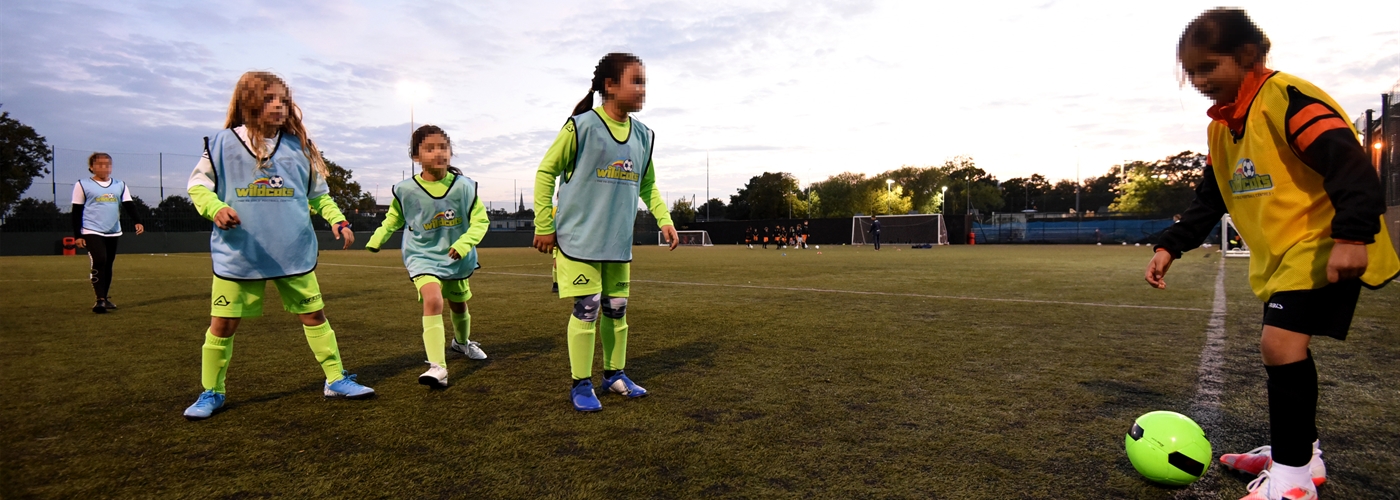In this blog, Jo Williams, The FA’s coach developer, talks about how coaches can improve the psychological and social aspects of passing.
“They always pass to their friends”… “No one ever passes to me”…”They keep hogging the ball”… Any of these phrases sound familiar?
To understand the psychological and social aspects of passing the ball we must first put ourselves in the minds of our players and take note of what they are saying. We also should consider some questions: What is their chronological age? What is their football age? What are their motivations/why do they want to play football? With this knowledge we can start to interpret our player’s behaviours and understand their willingness (or not!) to pass the ball to a teammate.
There are lots of psychological and social aspects to consider when it comes to passing a football. One of the key themes that runs across both areas is the idea of player “connections” and these are key when it comes to passing. When observing a game or practice, we can see some of these connections happening in real-time, such as players making eye contact with each other, verbally communicating and calling for the ball, and using visual hand signals. However, sometimes those connections aren’t easy to see.
What about those magic moments where instinct takes over and a player finds that magic pass by simply “knowing” where their teammate is heading?
Repetition of practices and actions and how we scaffold our coaching can help this to develop. Many of us will only see our players for training one hour a week and then for a game at the weekend, but how often do we change our coaching themes or topics? Do we allow enough opportunities for our players to develop their on-field connections with each other? Repetition of experiences and situations in games is equally as important in allowing repetition of a physical skill.
It’s also possible that the friendships and bonds they have off the pitch with one another can impact their instincts on the pitch.
Which players do they trust more? Will that impact how often they pass them the ball?
As coaches, we spend lots of time planning what happens on the pitch to help form those connections, and planning for time off the pitch can be equally as important. Consider water breaks…can you set a short 30 sec question for them to discuss with a different player? Or perhaps if you have access to changing facilities, how do you arrange your team within that? Who sits next to who? Allowing these experiences to be repeated and reinforced can be equally as important as the technical repetitions we plan for in practices.
Passing in football is not just a technical or tactical skill. To develop our players to become effective and efficient passers of the ball it is important to consider the psychological and social components that can have an impact.
Do you develop this with your players? If so let us know how below.


